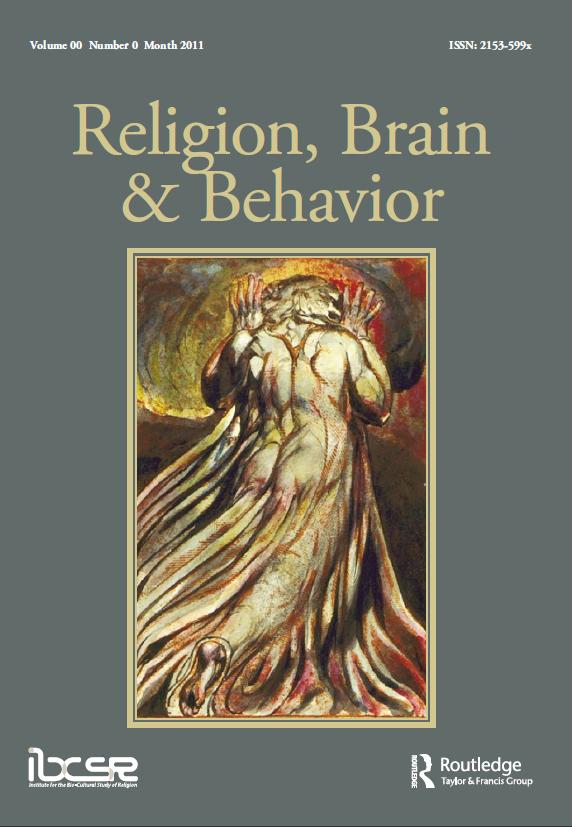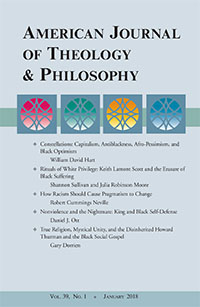
A decade ago, Religion, Brain & Behavior (RBB) was still a dream in the minds of its founding editors, neuroscientist Patrick McNamara, anthropologist Richard Sosis, and philosopher of religion Wesley J. Wildman. No journal dedicated to the cognitive, evolutionary, and neurological study of religion existed at the time, and the editorial team had considerable difficulty finding a publisher who would buy into the idea.[1] Eventually, Taylor and Francis agreed to publish RBB, and the first issue came out in April 2011, adorned then as today with William Blake’s “Web of Religion,” a painting that captures “the restless, promethean nature of religion,” in the words of RBB’s first editorial.[2] Today, out of 594 religious studies journals, RBB has the second highest CiteScore, a metric that ranks journals by the number of citations articles receive on average each year. With my curiosity piqued by this dramatic ascendancy, I asked to interview the current editors—Sosis, Wildman, philosopher and sociologist Joseph Bulbulia, and neuroscientist Uffe Schjoedt—about RBB and the scientific study of religion more generally.
Continue reading
